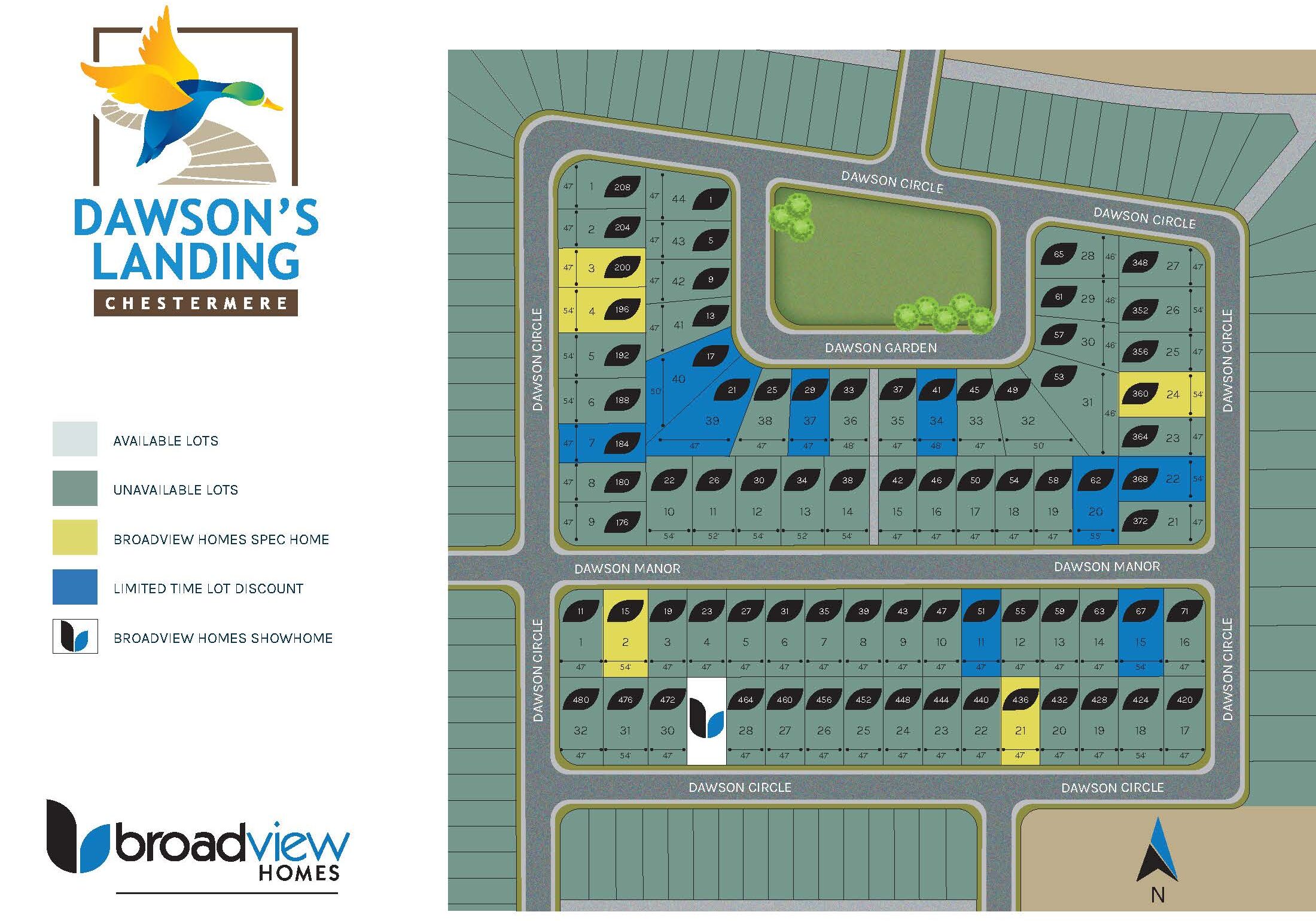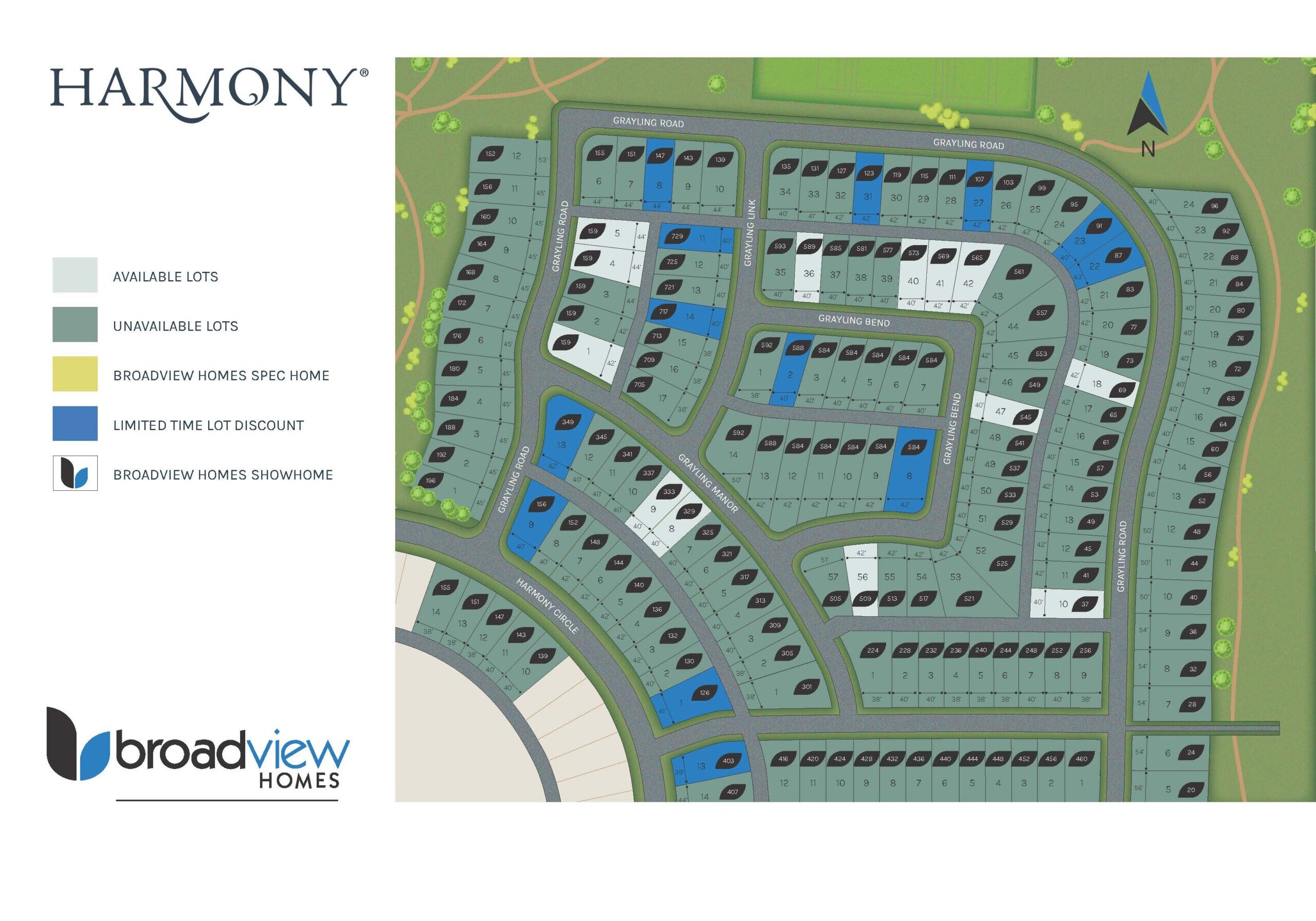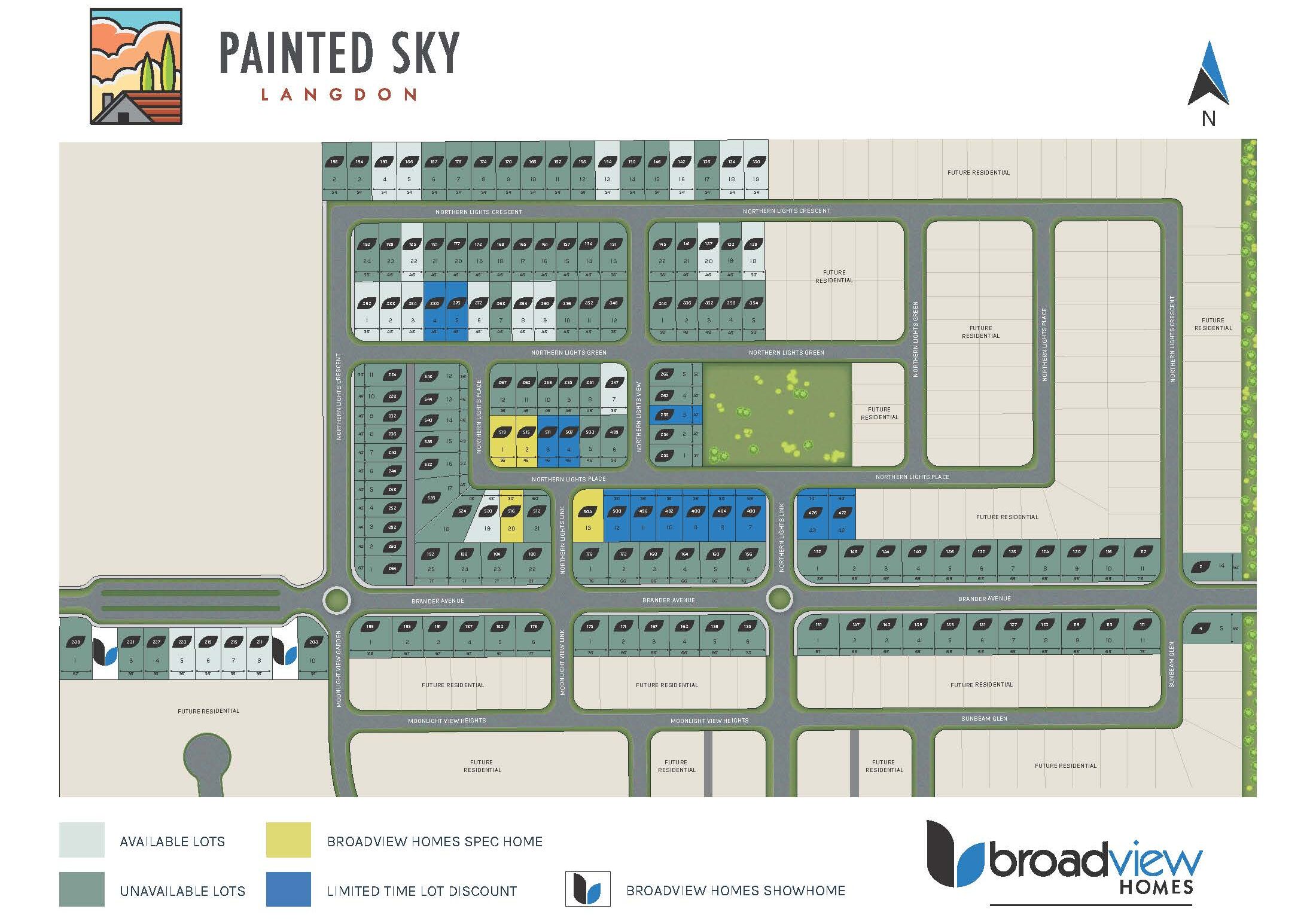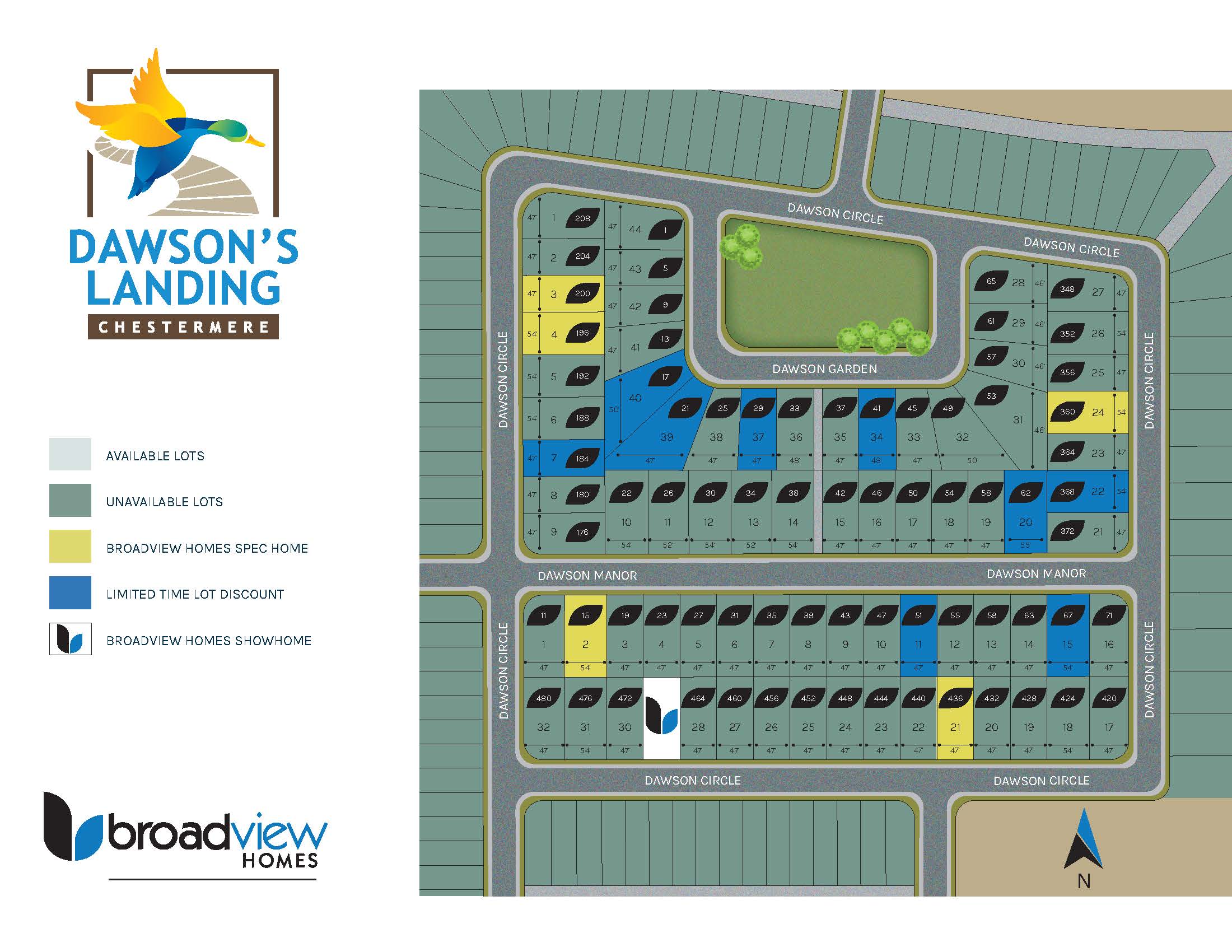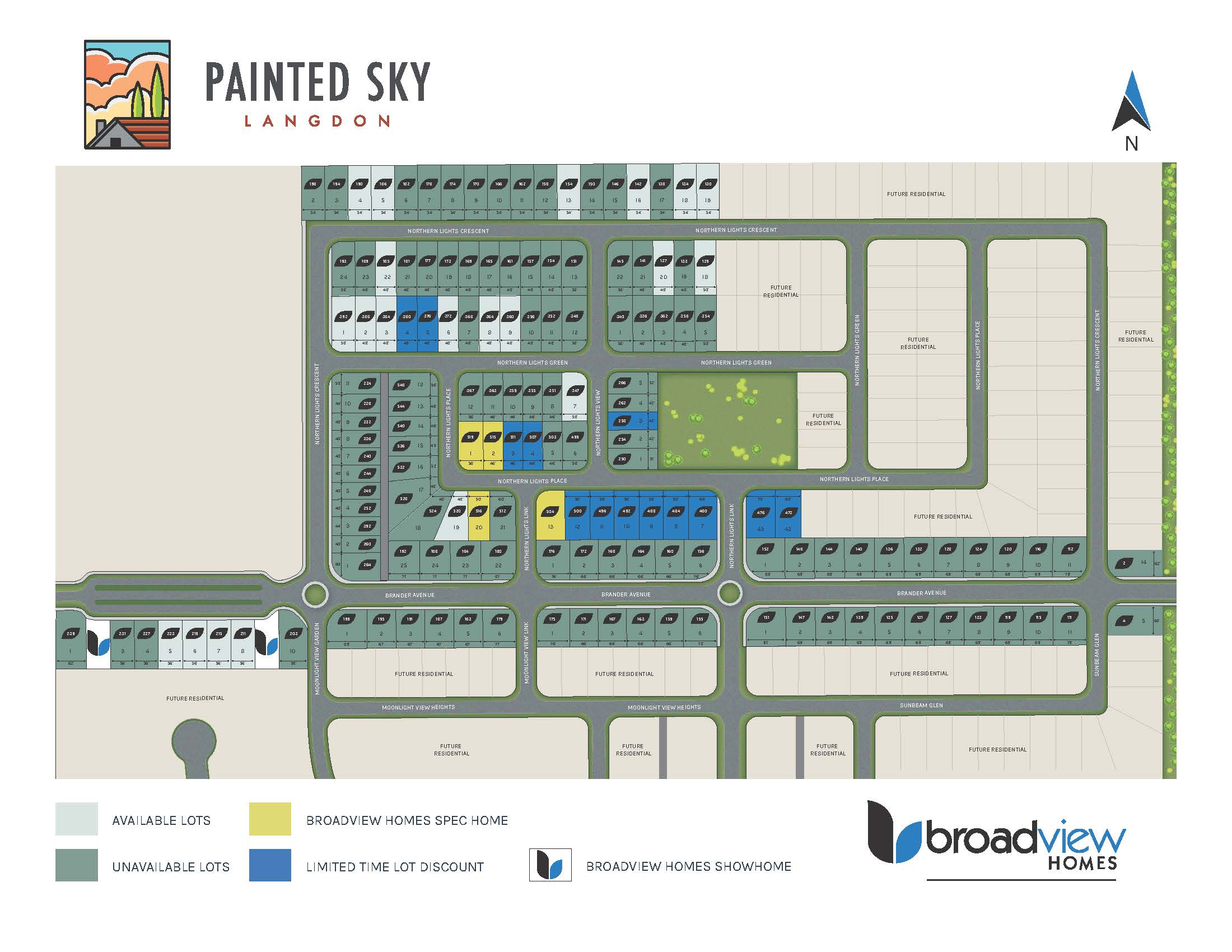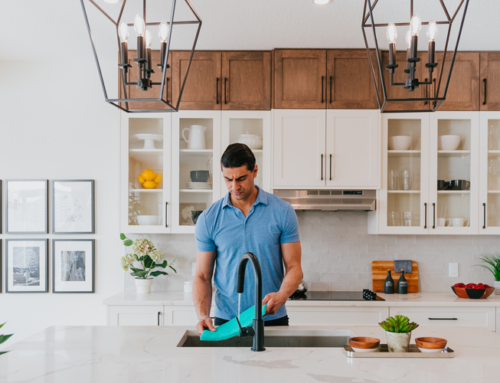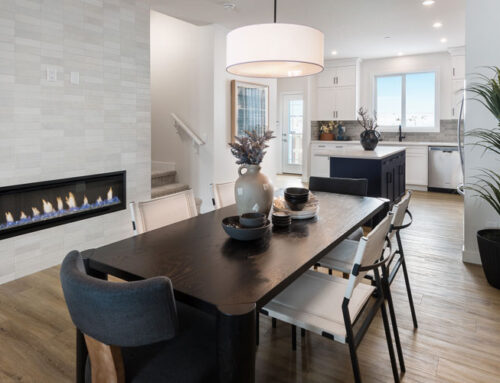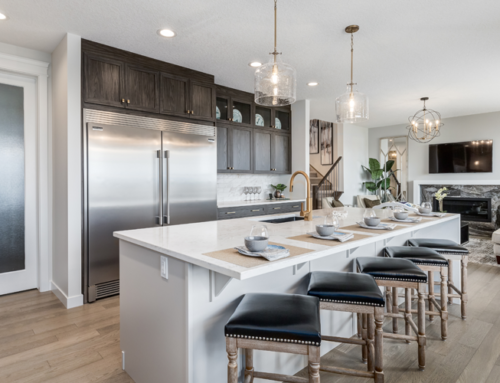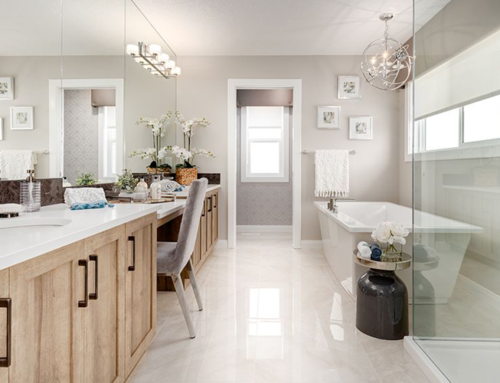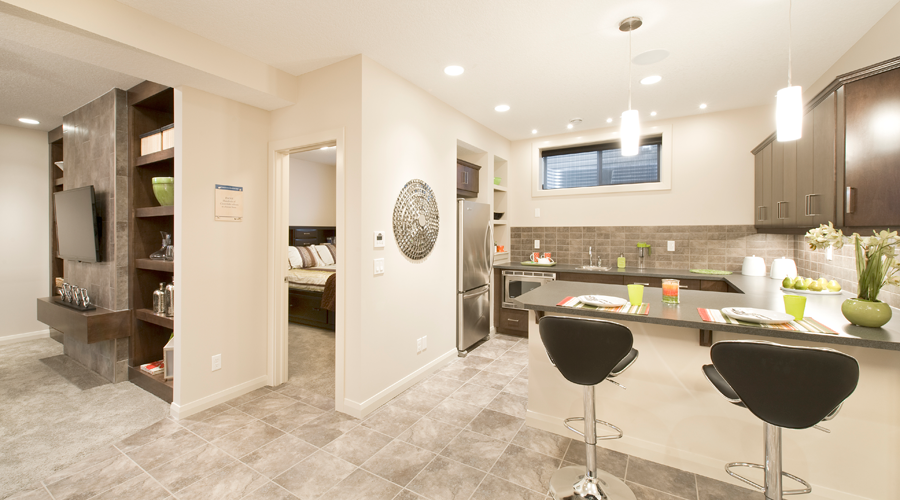
It’s time to start looking at your new home in a new way. At first glance, spaces like your basement or above your garage may not seem like valuable real estate, but they have real earning potential.
You may be surprised to learn that one way to reduce your mortgage is to incorporate a legal basement suite or carriage house into your new home. Not only can it help you make money to offset your mortgage payments but also help you afford a bigger, better home and add value to your property.
There are a lot of things to consider. We’ll help you decide if this type of home is right for your family and lifestyle. But first, let’s start with some definitions.
What is the difference between a secondary suite, in-law suite, and backyard suite?
There is lots of confusion between all the different options for shared living. We’ll try to break it down and make sense of it to help you make an informed decision that’s right for your family.
A secondary suite, also known as an income suite, is a separate dwelling located within your main residence. It can be located on any floor but is typically located in the basement which is why most people refer to it as a “basement suite.” To be considered a secondary suite, there are specific requirements and bylaws including a kitchen, living space, bedroom, bathroom, and separate entrance.
A backyard suite is similar to a secondary suite in that it is a self-contained residence. However, this type of suite is detached from the main house and is usually located above the garage, which is often called a “carriage house.”
An in-law suite, also known as a “Granny-Suite” is the most flexible type of suite. It can be added to the basement, above an attached or detached garage, or as a separate building on your lot. The main difference between an in-law suite and the other types is that they don’t need to be ‘legal’ and registered with your municipality. This means that only family members like elderly parents can live in this type of suite and they cannot be rented out to generate rental income.
What does a legal secondary suite mean?
You may be asking: aren’t all suites legal? The short answer is no, not all of them are legal. But just because it isn’t legal doesn’t mean it’s illegal either. The difference comes down to whether or not you can earn income from it and who can live there.
Legal secondary suites mean that your suite is compliant with your local municipality’s bylaws and has the right permits to be registered as ‘legal.’ These building rules are in place for your protection, the protection of potential tenants/residents, and for things like insurance, property taxes, and utilities.
What are the requirements to make a suite legal?
Building a legal basement suite involves knowing the zoning rules, community guidelines, building regulations, applying for a permit, and passing an inspection for your municipality. In Calgary, the full process can be found here.
Legal basement suite requirements in Calgary
Here are just some of the things you’ll need to include to make a suite a ‘legal’ one:
- Separate entrance directly to the outside
- Full kitchen
- Full bathroom
- Bedroom windows large enough to meet fire code regulations
- Separate HVAC (heating, air, etc) dedicated to the suite
- Sound-proofing the shared ceiling/floor
- Smoke-tight separation between suite and main residence
- Smoke alarm and carbon monoxide detector connected to the main residence
- Designated parking stall
- Shared amenities yard space
You may also want to consider these recommendations to make sharing your residence an even better experience:
- Increasing the hot water tank size
- Provide a separate laundry where possible
- Storage space
Crunching the numbers
Adding a legal suite allows many homeowners to qualify for a larger mortgage based on their rental income.
How does that work? When a lender is calculating your debt servicing ratios and determining what size of a mortgage you qualify for, they’ll actually include your future rent payments as income.
A lot depends on your lender or mortgage broker, but here are some rough guidelines:
- a minimum down payment is required,
- be owner-occupied in either the main residence or suite, then
- a percentage of the rental income (as determined by a qualified appraiser) can be applied to your mortgage application.
Let’s dig into the numbers.
We spoke with one of the banks we work with to come up with an example. These calculations are based on a typical 1700 square foot detached home.
Purchase price without a legal basement suite: $535,000
10% down payment: $53,500
=$3165 monthly mortgage payment
When you compare this example to the same sized home with a basement suite, you can easily see how the rental income helps you build equity and pay almost a thousand dollars less each month.
Purchase price with a legal basement suite: $610,000
10% down payment: $61,000
Monthly rental income: $1,400
=$3630 – 1,400 = $2,230 monthly mortgage payment
Building a Legal Basement Suite
Choosing to incorporate a legal suite into your new home may feel overwhelming and difficult. But new home builders, like Broadview Homes, make it easy by incorporating suites into many of our floorplans. We’ll even help you by applying to make your suite legal in municipalities we build in including Calgary, Okotoks, Cochrane, and Chestermere.
Future value of a house for sale with a legal suite
If done right, a legal suite has the potential to increase your property value by 10-15%. Although your primary purpose should be the reduced monthly costs from the rental income and the ability to pay down your mortgage faster. Keep in mind that how homes are priced is dependent on a host of factors both short-term and long term that none of us can control. But the one thing you can control is your home’s ability to generate cash flow.
As you can see, your basement and above your garage have real value, and putting it to work can help offset your mortgage payments with rental income. It’s a way to make your new home work for you.

